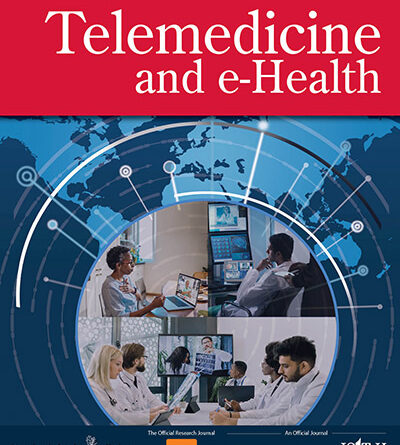Telepharmacy Services in a Developing Country: Nigerian Community Pharmacists’ and Patients’ Perspectives on the Clinical Benefits, Cost, and Challenges
Background:Telepharmacy as part of telehealth is an emerging concept in most developing countries with the need to understand the stakeholders’ knowledge and acceptability of this concept, including patients’ willingness to pay (WTP) for this service, which is critical for its successful implementation.
Objective:This study aims to assess pharmacists’ knowledge, attitude, perception, extent of practice, and perceived barriers to the practice of telepharmacy in Nigeria, as well as assess patients’ acceptability and WTP for this service.
Methods:A descriptive cross-sectional survey was carried out among 118 community pharmacists and 403 patients in Anambra State, Nigeria, using a well-structured and validated questionnaire. Collected data were descriptively and inferentially analyzed using SPSS version 23.0.
Result:The surveyed community pharmacists had moderate knowledge of the telepharmacy concept (78.8%), with mean attitudinal, perception, and extent of practice scores of 74.2 ± 23.5%, 62.0 ± 22.8%, and 52.4 ± 21.4%, respectively. Lack of monetary motivation (73.7%), lack of software (56.8%), and operational difficulties (49.3%) were considered major barriers to its implementation. Over two-thirds of the participating patients (70.1%) considered the service very acceptable with 61.2% of the respondents willing to pay an average of US$ 2.76 ± 2.12 monthly for the services.
Conclusion:Although community pharmacists in Anambra state, Nigeria showed a moderate knowledge of telepharmacy with a poor extent of the practice, they expressed a positive outlook on the concept. The study also revealed good acceptability of the concept by patients who were also willing to pay a moderately acceptable amount for the services.


